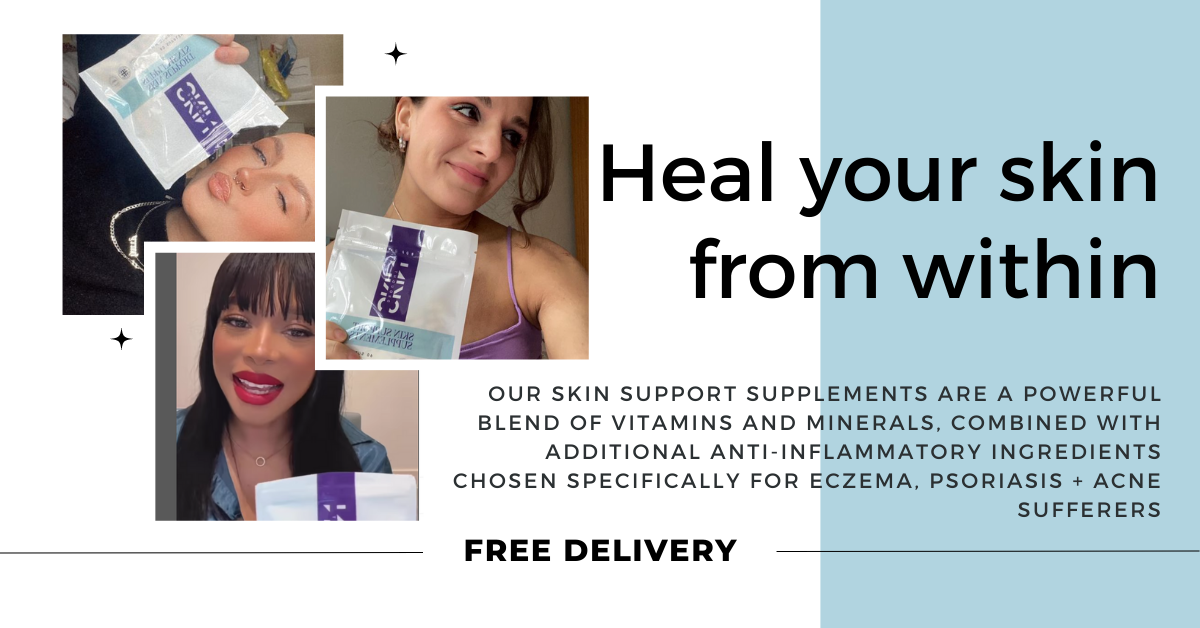Can Vitamin E Improve Acne?
Acne is a common skin condition that can be frustrating to deal with. While there are many over-the-counter and prescription treatments available, some people prefer to use natural remedies. One such remedy is vitamin E, which has been shown to have anti-inflammatory properties and may help reduce the appearance of acne and prevent scarring. Learn more about how vitamin E can benefit your skin.
What is Vitamin E and How Does it Work?
Vitamin E is a fat-soluble vitamin that acts as an antioxidant in the body. It helps protect cells from damage caused by free radicals, which can contribute to the development of various health problems, including acne. When applied topically, vitamin E can help reduce inflammation and redness associated with acne, as well as promote healing and prevent scarring. It can also help regulate sebum production, which can contribute to the development of acne.
The Benefits of Vitamin E for Acne-Prone Skin
If you have acne-prone skin, incorporating vitamin E into your skincare routine can be a game-changer. Not only does it help reduce inflammation and prevent scarring, but it also promotes healing and regulates sebum production. You can find vitamin E in many skin care products, or you can apply it directly to your skin by breaking open a vitamin E capsule and using the oil inside. Just be sure to patch test first to make sure you don't have an allergic reaction.
How to Incorporate Vitamin E into Your Skincare Routine
There are several ways to incorporate vitamin E into your skincare routine. One option is to use a moisturizer or serum that contains vitamin E as one of the main ingredients. Another option is to apply vitamin E oil directly to your skin, either by breaking open a capsule or using a product specifically designed for this purpose. While some people swear by applying Vitamin E oil directly to their skin to help with acne, there is limited scientific evidence to support this claim.
Foods Rich in Vitamin E to Add to Your Diet
You can take vitamin E supplements orally to help improve your skin from the inside out. Just be sure to talk to your doctor before starting any new supplement regimen.
In addition to using vitamin E topically or taking supplements, incorporating foods rich in vitamin E into your diet can also help improve your skin. Some great sources of vitamin E include almonds, spinach, avocado, sunflower seeds, and sweet potatoes. Try adding these foods to your meals or snacks to help promote healthy skin from the inside out.
Our Skin Condition Support Supplement contains 12 mg of Vitamin E, along with all the other essential vitamins and minerals for skin health. Drought vitamins are a convenient and affordable way of ensuring you consume 100% of your recommended daily allowance of Vitamin E.
Precautions and Potential Side Effects of Using Vitamin E for Acne
While vitamin E is generally safe for most people, it’s important to note that it can cause side effects in some cases. For example, taking high doses of vitamin E supplements can increase the risk of bleeding and may interact with certain medications. Additionally, applying vitamin E oil directly to the skin can cause irritation or allergic reactions in some individuals. It’s always best to consult with a healthcare professional before starting any new supplement or skincare regimen.
Vitamin E can be used in combination with other acne treatments, such as benzoyl peroxide or salicylic acid. However, it is important to talk to your doctor or dermatologist before starting any new acne treatment regimen.



